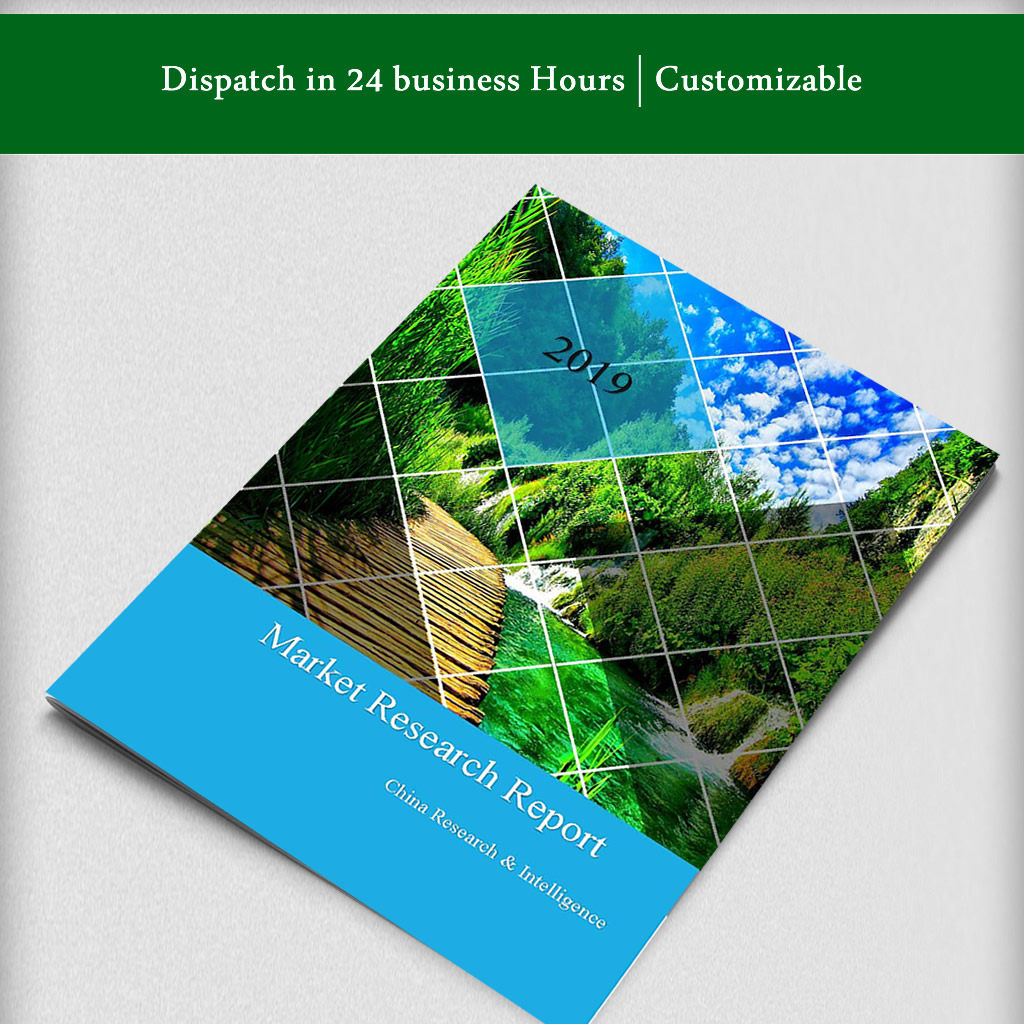Description
Description
Thrombolytic therapy is using drugs to dissolve thrombi and achieve revascularization so that the brain tissue of the blocked vascular perfusion area can regain blood oxygen. As fibrin is an important composition of thrombus, current thrombolytic therapy mainly use drugs such as Streptokinase, Urokinase and Tissue Plasminogen Activator (t-PA) to dissolve fibrin.
Thrombolytic drugs include three generations. The first generation is non-specific plasminogen activators such as Streptokinase and Urokinase; the second generation is represented by t-PA such as Alteplase and Prourokinase; the third generation includes Reteplase, Tenecteplase, Nateplase, Recombinant Human Urokinase, etc.
Although Urokinase is a thrombolytic drug of the first generation, it is widely used in China. It is an enzyme protein isolated from healthy human urine or cultured from human kidney tissue.
Urokinase acts directly on the endogenous fibrinolytic system. It can catalyze the cracking of plasminogen to plasmin which dissolves thrombi by degrading fibrin clots as well as the fibrinogen, coagulation factors V and VIII in blood circulation. With a rapid onset and good effect on newly formed thrombi, Urokinase can also increase the vascular enzymatic activity of adenosine diphosphate (ADP), inhibit ADP-induced platelet aggregation and prevent thrombosis. After intravenous infusion, the activity of plasmin in the patient will be significantly increased; after a few hours of drug withdrawal, the activity of plasmin will be restored. As a traditional thrombolytic drug that has been marketed in China for many areas, Urokinase is widely used to treat acute myocardial infarction, cerebral thrombosis, pulmonary vein thrombosis, lower extremity vein thrombosis and other forms of vascular thrombosis.
Economic development, aging population and unhealthy diet push up the incidence of thrombotic diseases in China, which boosts the demand for Urokinase. According to CRI’s market survey, in 2017, the sales value of Urokinase in China reached CNY 50.56 million, representing a CAGR of 7.90% from 2013 to 2017. The Urokinase by Nanjing Nanda Pharmaceutical Co., Ltd. took up the largest market share in China. Its market share was about 50.60% by sales value and about 38.50% by sales volume.
It is expected that the market size of Urokinase in China will continue to grow in the next few years.
Topics covered:
– Market size of Urokinase in China
– Competitive landscape of China’s Urokinase market
– Prices of Urokinase in China
– Favorable and unfavorable factors influencing China’s Urokinase market
– Prospect of China’s Urokinase market


